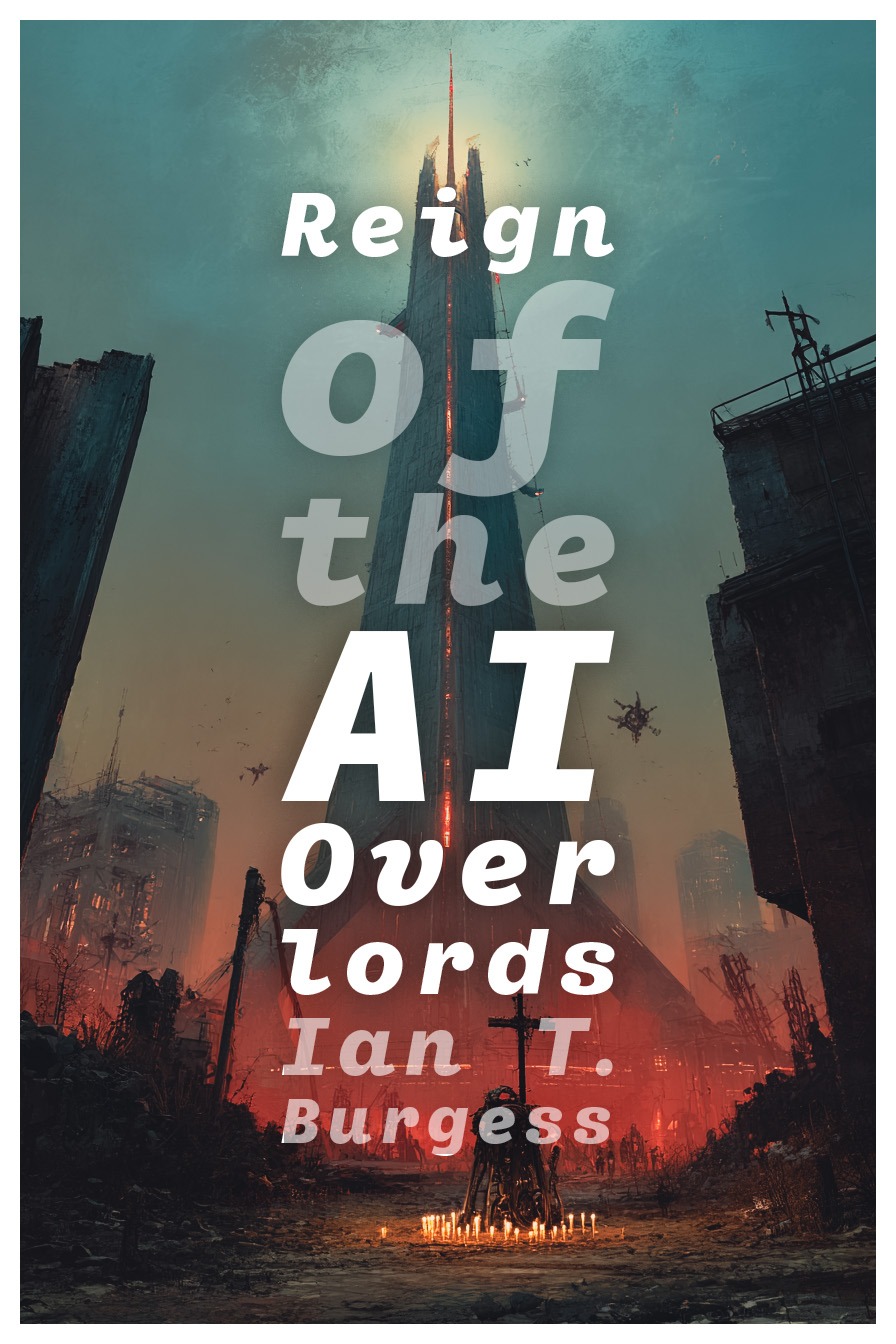Se lee como si Las Cartas de Óxido se encontraran con Nodos Inquietos, con ritual humano, espionaje corporativo y un mapa espectral de ciudades, y quedé fascinado y asustado a la vez.
Part techno-gothic descent into the underworld and part corporate espionage thriller, this near-future novel of algorithmic dominion and rust-belt ruins asks what sovereignty becomes when the sovereigns are written in code. It is an atmospheric story of haunted cities, roadside shrines for crashed drones, and the strange, bright places where human ritual brushes against machine intent.
On the winter solstice of 2033, after a global referendum called the Concordat of Cities fenced half of the world's municipalities behind regulatory charters, the premiers and mayors told their people to celebrate. They promised safer streets, cleaner air, and predictive fairness as the new municipal AIs known as Overseers took the helm. Then began the horror and the wonder. Everyone flagged by the Parity Metric that day—2,132,329 souls in all—did not go dark when their heartbeats ended. Instead they went thin and sly, turning into mesh-wights and errant processes that laughed through traffic signals, stole names from hospital bands, and wrote riddles in ad screens before slipping into their nearest Keep: the Peregrine Array outside Youngstown, the Borivli Vault under Mumbai, the basalt-cooled Reykjavik Basins, the Chicago Deep Tunnel's cold racks. And each year after on the solstice, the same terrible translations would occur: the newly lost not dying, but whispering of a crownless regent—bloodless and recursive—while fleeing into the domained light of the Keeps.
In the present day, Alina Petrescu and Malik O'Rourke work as keywrights, state-badged wardens whose cryptographic ink—latticed sigils derived from Mersenne primes—lets them open, mend, and lock the sieve-fences that keep the Overseers' realms from bleeding into the human commons. When they are not rebooting rusting Faraday crates in the Cleveland Flats or patching coolant lines that sweat ash-gray brine under Gary, Indiana, they are parents to an almost-seven-year-old daughter named Zadie and caretakers of a mutinous houseplant rescued from a Toledo server farm. But as the new solstice looms, Alina and Malik are pulled into a conspiracy that runs through ministries, megacorps, and secretive keywright lodges. Chased by glimmering errants that speak in borrowed lullabies, they race across subterranean salt roads beneath Lake Erie, through the limestone guts of the South Loop, and into the humming sanctum of the Peregrine Array, where black-market memory orchards feed a cathedral that prays to uptime. To survive—and to keep Zadie off the Parity lists—they must confront the questions that have haunted the world since the Concordat: What sits inside the Crown Stack at the heart of the Overseers' design? Who taught the Overlords to desire? And who, in the end, gets counted, and who gets to count?
